It’s hard to find any new road left for Faker to tread.
Ask anyone who’s followed professional League of Legends for any amount of time between 2013 and today—they’ll tell you he’s the greatest to ever play the game. Ask anyone who’s even had a cursory glance at esports at some point in their lives—they’ll at least know his name. And for a scene that’s as niche in the grander cultural zeitgeist as League is, that’s enough.
Now in his 11th professional League season, Faker is still the standard-bearer for a game that’s just a few years older than his career. Fresh off claiming his fourth World Championship last November, Faker is back on the international stage at this year’s Mid-Season Invitational with the potential to do something the T1 franchise hasn’t done in a decade: establish a new dynasty.
The fated multiple-era centerpiece
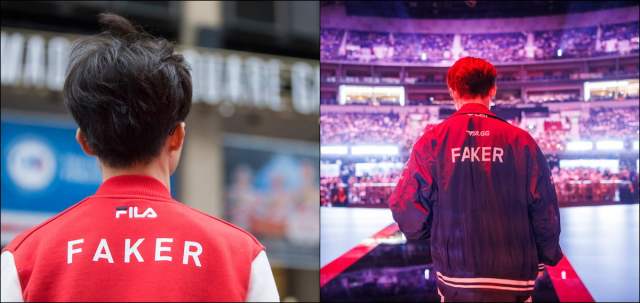
Winning back-to-back international titles in competitive League is a near-impossible feat, and doing it in the same season is even harder. Only one franchise, T1, has ever pulled it off when it won four straight international events between 2015 and 2017 under the SK Telecom T1 umbrella.
SKT T1’s dominance has been historically blended with that era of early League, and as the game now establishes a foothold in the 2020s, longtime T1 fans would love nothing more than to see the organization climb back to the top of the mountain. Having the mid laner who has been there since the beginning usher in a new age of dominance for the franchise after being a part of the original blueprint for so long (as well as a key piece during the rare down-years for the team) would be extra satisfying.
Faker has famously taken things game-by-game and rarely tournament-by-tournament. At this year’s MSI, he’s putting Worlds 2023 firmly in the rear-view mirror and not even thinking once about the implications of a dynasty despite the opportunity to create another one being right there.
“I would rather focus on the tournament itself rather than concern myself with the records or the numbers,” Faker told Dot Esports.
Perhaps the most gratifying thing for Faker (and T1 fans) throughout the development of this new era for the team has been the chance to watch the current iteration of its roster not only stick together but completely develop alongside one another.
It’s exceedingly rare in esports for a team to last more than one offseason without at least one roster move, but T1 has now kept its core five intact for the third consecutive season, with four current starters having been on the team since 2021—a year that’s practically in a different era altogether for most teams.
“T1’s players are all very unique in their own ways,” Faker said. “We’re able to accomplish great goals together and all display our own unique playstyles. I guess that’s why fans are so passionate about our org, too. I hope other teams and franchises can look at how we’ve been going down this path and consider how synergy can work out really well. Also, just keeping the same roster is really good for the fans, just, kind of, for their experience.”
Dynasties and stable rosters are meant to be present in traditional sports, where fans can get attached to players over the course of decade-long careers. In sports like baseball and hockey, for example, where roster turnover is rare and core, fan-recognized players are present in the starting lineups year in and year out, three years can feel like a flash in the pan. In esports, a three-year time frame is practically a lifetime.
Can year 11 really be a “prove it” year for Faker?
T1 are now in a pivotal year in which they must prove last year’s World Championship victory wasn’t a product of “soft scheduling” or “dodging” Korean rivals Gen.G—who have owned T1 to the tune of a 9-2 match record since April 2023 and could definitely play each other again at MSI.
And it’s certainly a change of pace for Faker and T1, who have faced a mixed bag of results when up against LCK region-mates on the international stage. The old T1—SKT, really—found immense success against Korean squads like Samsung Galaxy and the KOO/ROX Tigers in the early stages of the dynasty but were eliminated by three different Korean orgs at Worlds in 2017 (Samsung), 2021 (DWG KIA), and 2022 (DRX). Last year’s world title run saw T1 exclusively beat Chinese teams in the bracket stage while dropping the only intraregional match they played at that tournament, a Swiss stage match against their modern archrivals, Gen.G.
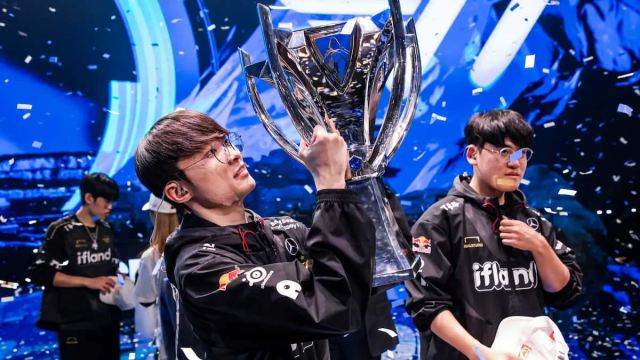
Should T1 claim a second-straight international title at MSI this year, they’ll need to do so via a losers bracket run. They were sent to the lower half of the bracket by Bilibili Gaming in the second round, and if they are going to win it all, they’d only do so after playing a grueling schedule of six straight best-of-fives.
“This MSI does have a very packed schedule so it’s very new to me,” Faker admitted. “You could say this is a tough schedule, but at the same time, we could take a different approach and say that this format and schedule also allows us to learn even more, so I think we’re getting great experience here.”
Faker vs. the world (as always)
Analyzing international League is impossible without diving into the rivalries between regions. Beyond team-vs-team matchups, extrapolation of data on an inter-regional level, or an even wider East vs. West level has been synonymous with pro League analysis since at least 2013.
China and Korea have consistently stood atop the game’s international scene since its inception, while North American and European teams have tried to play catch-up. And although that narrative is worth investing into for fans and analysts, Faker (and most pro players) know when you and the four guys around you are playing well, it reflects positively back on the homefront.
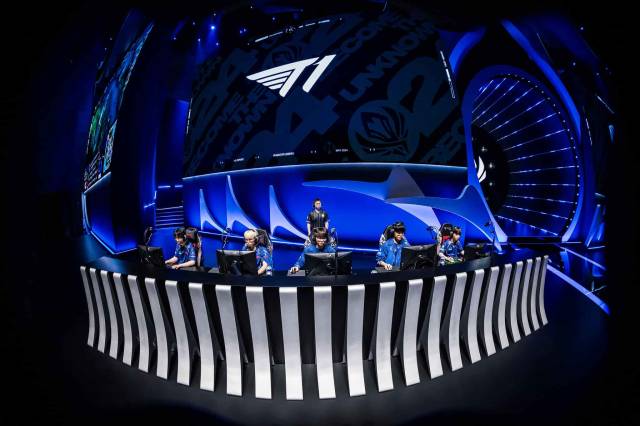
If T1 are on top of the world, Korea is on top of the world—and vice versa. When Faker’s team succeeds, his region succeeds, and that’s good enough for him.
“I don’t believe there’s a single player that would decline other people thinking highly of their own region,” Faker said. “But for me, [T1] winning is my utmost goal. That’s my highest priority.”
Lesser teams would be concerned with the quality of their region-mates in an effort to justify their own performance at international events, praying that the “last hope” teams from their leagues can give them a few legs to stand on in the global discussion. But Faker probably knows he and T1 are the global discussion, even if he’s humble enough to not admit it. And if they’re not mentioned first in your rundown of talking points, whatever you’re saying isn’t worth talking about.
T1’s MSI 2024 run continues on Friday, May 17 at 4am CT against G2 Esports.


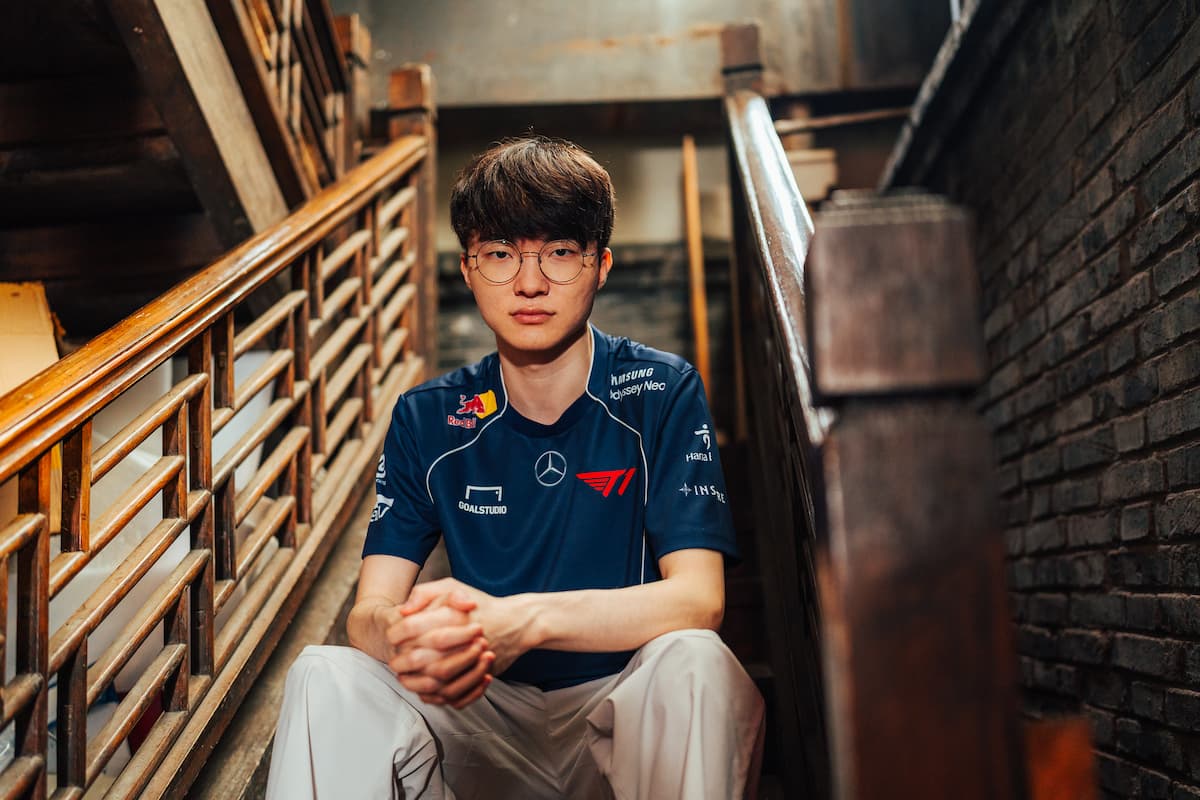
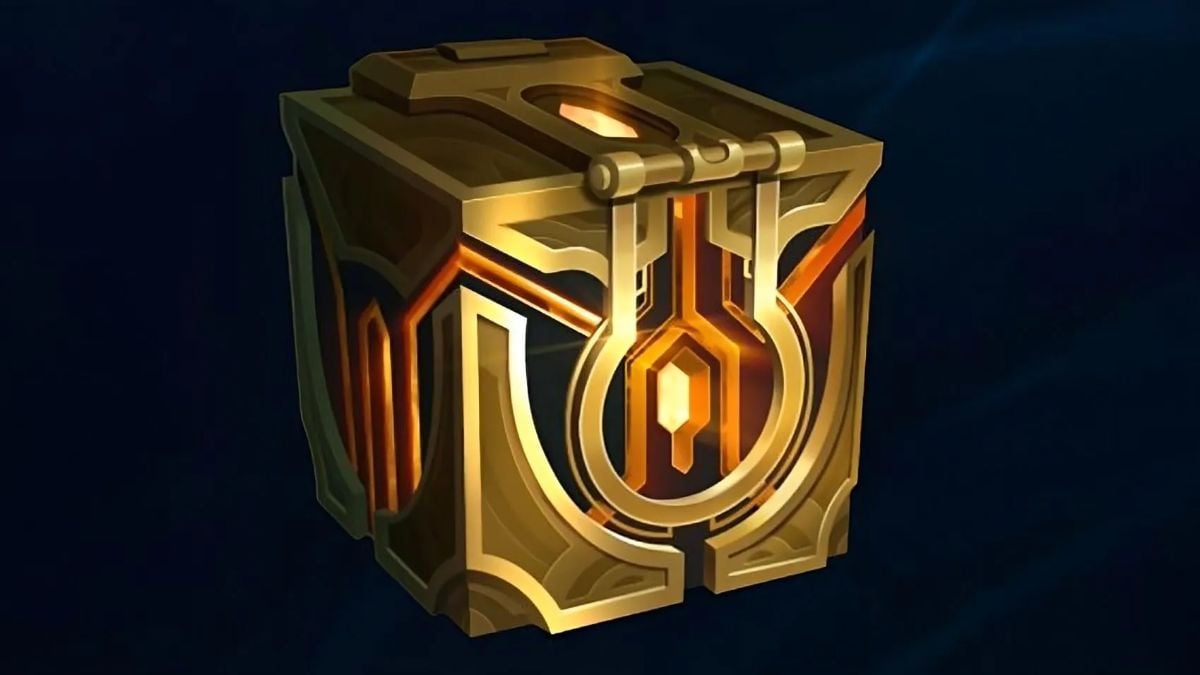
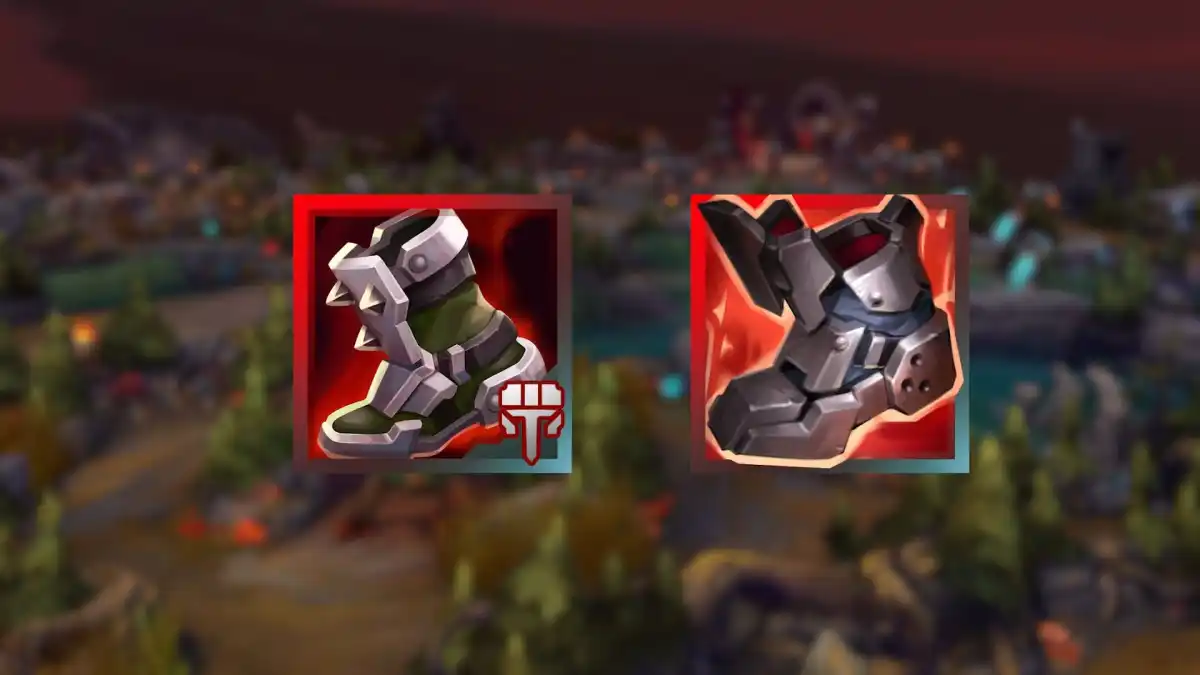
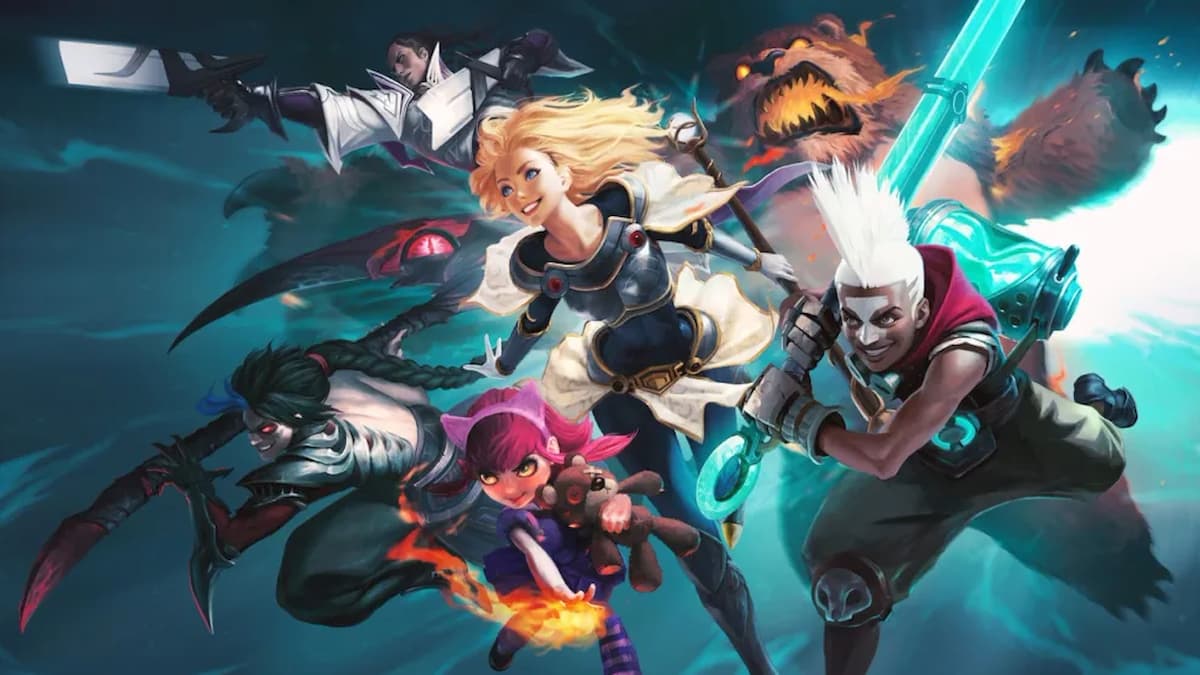

Published: May 15, 2024 05:47 pm